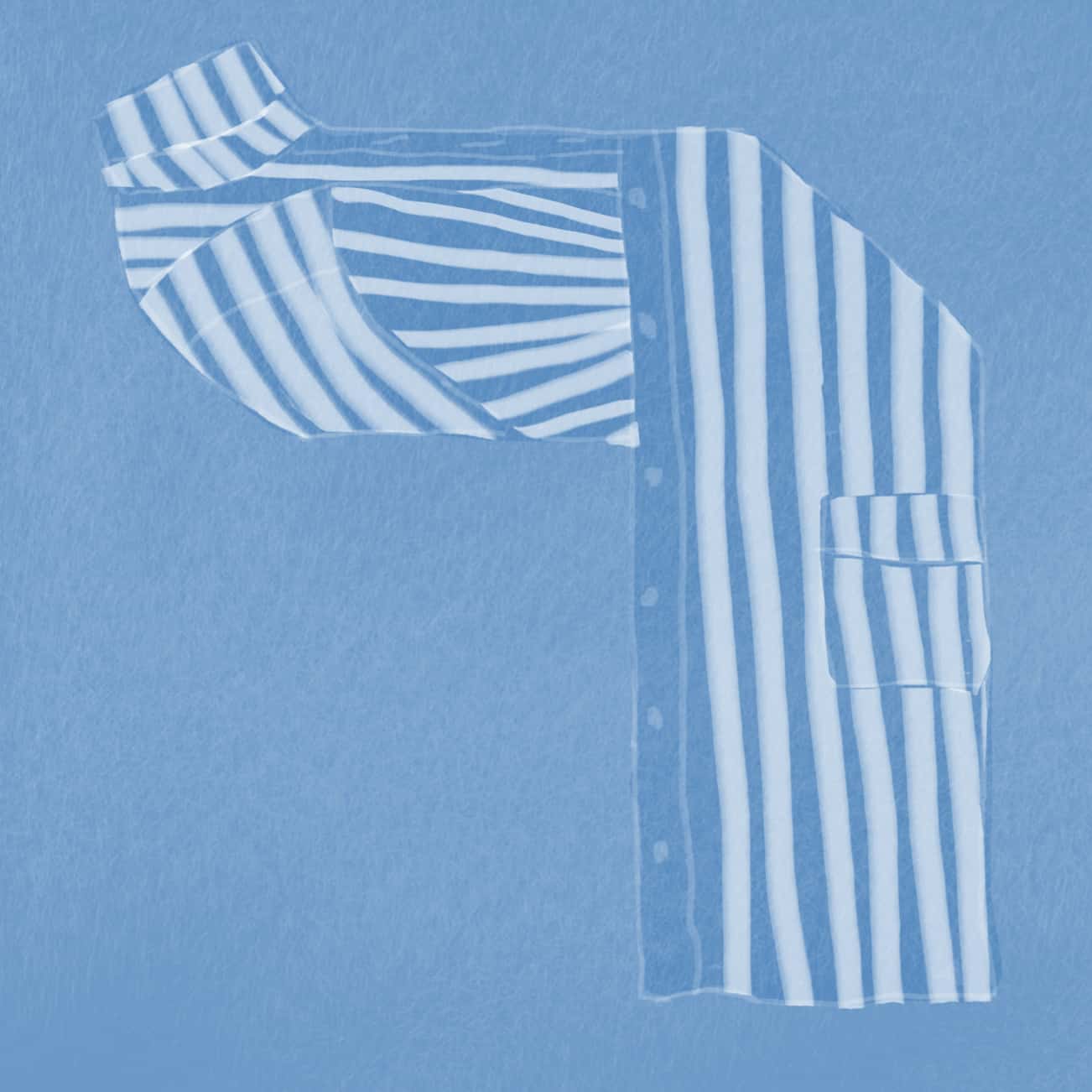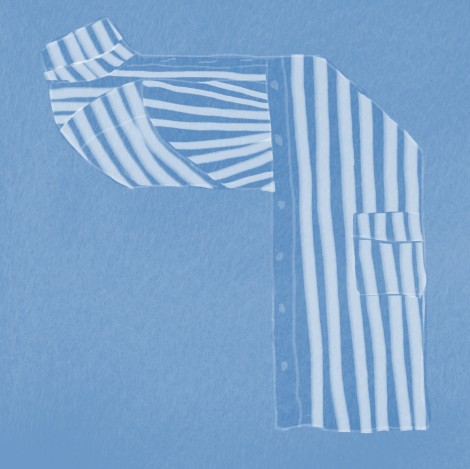Bathed in soft red light, three lines of barbed wire snake around the outlines of the stage, a sight both arresting and ominous.
Hart House Theatre’s production of Bent blends this uneasy mix of beauty and dread through a love-tragedy of three men caught in the Nazi persecution of homosexuals. Director Carter West’s emotive vision of love contending against a state that rejects love’s freedom is brought richly to life by a talented cast and an exquisitely designed set.
Max is a charismatic wheeler and dealer in 1930s Berlin who wakes up one afternoon with a hangover, an unhappy boyfriend, and a naked sa (Nazi paramilitary) man in his bed. The situation doesn’t improve: the Night of the Long Knives has been extended to daylight hours, and after the sa man is discovered and killed by ss officers, Max and his boyfriend Rudy must flee Berlin.
Liam Volke — an adroit performer with a voice running the gamut from salesman’s patter to lover’s lament — plays Max, whose initial amoralities recede to reveal a strong dignity despite the terrible demands it requires. Volke’s energy leads the action on stage, and helps keep some of the slower scenes alive.
Opposite Max is Rudy, a mournful, sweet dancer played by Jordan Gray. Gray and Volke have a fine chemistry, and their first scene is a delightful dollop of drawing-room comedy played out against a backdrop of unrecognized peril.
The motion and bustle of the first act comes to a close when Max is caught and sent to Dachau, and the second act takes place entirely inside its confines. Here Max meets Horst, (Jad Farris), a queer nurse identified as such by the pink triangle stitched to his prison clothes.
The heart of the play revolves around a setpiece of prison scenes between Max and Horst, as they argue over Max’s rejection of the pink triangle in favour of the “safer” yellow star, reminisce about idyllic Berlin days, and slowly fall in love despite the brutal surrounding environment.
It’s here that West’s direction truly shines. The set is made stark and barren under the prison lights, and the action on-stage reflects this: Max and Horst have been assigned to carry bricks back and forth in work as senseless as it is maddening. With little more than their words and love, they build an achingly intimate world together, culminating in a love scene as notable for its loquacity as for its passion.
Bent is not without missteps — the pacing is a little too slow near the end of the first act, and at times, the script belabors certain points at the expense of depth — but a strong cast and production team bring this love story to fruition. Dominic Manca’s set and lighting design in particular deserve high praise for evoking such a disparate clutch of atmospheres — from cabaret to concentration camp — in a stylized and subtle fashion.



